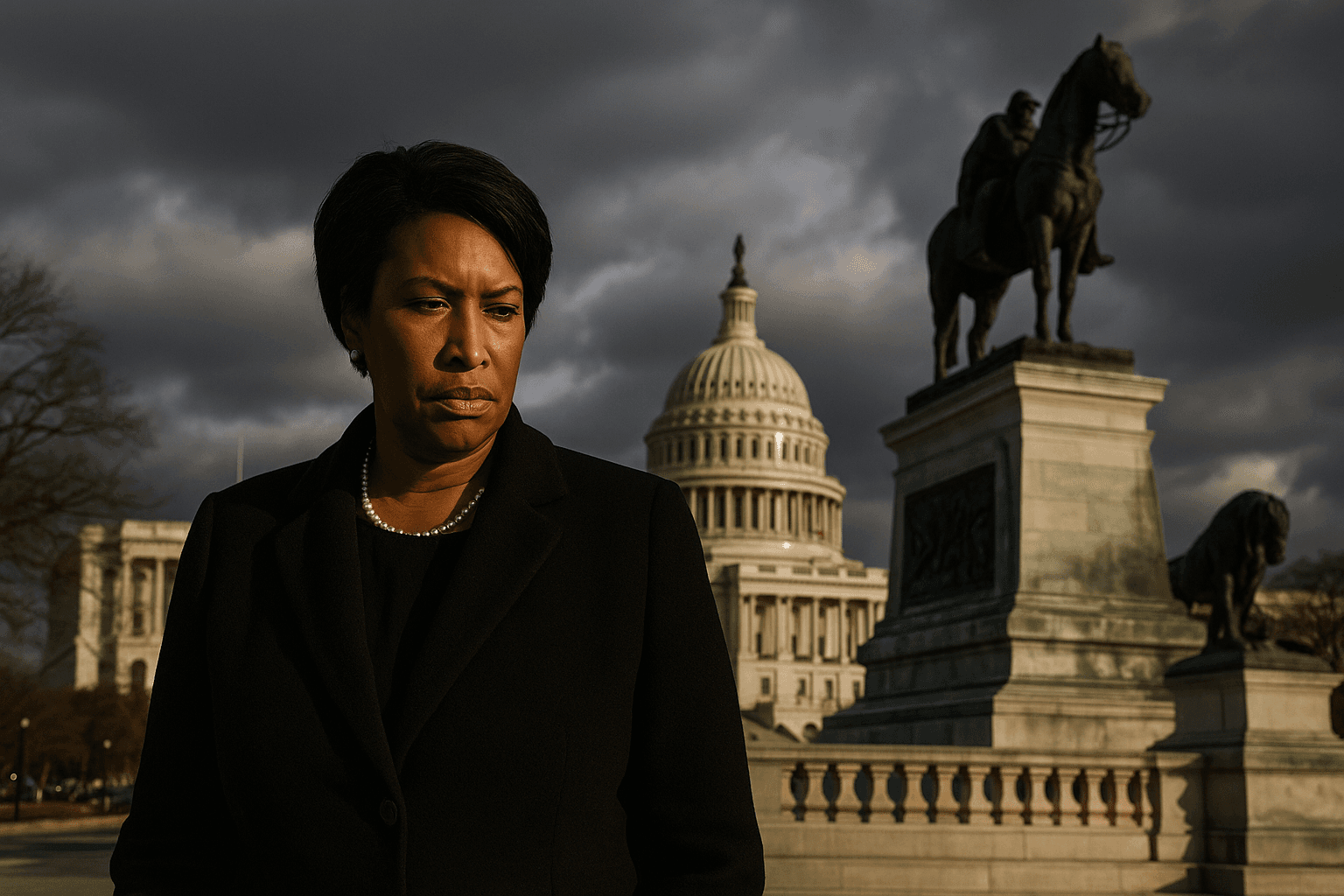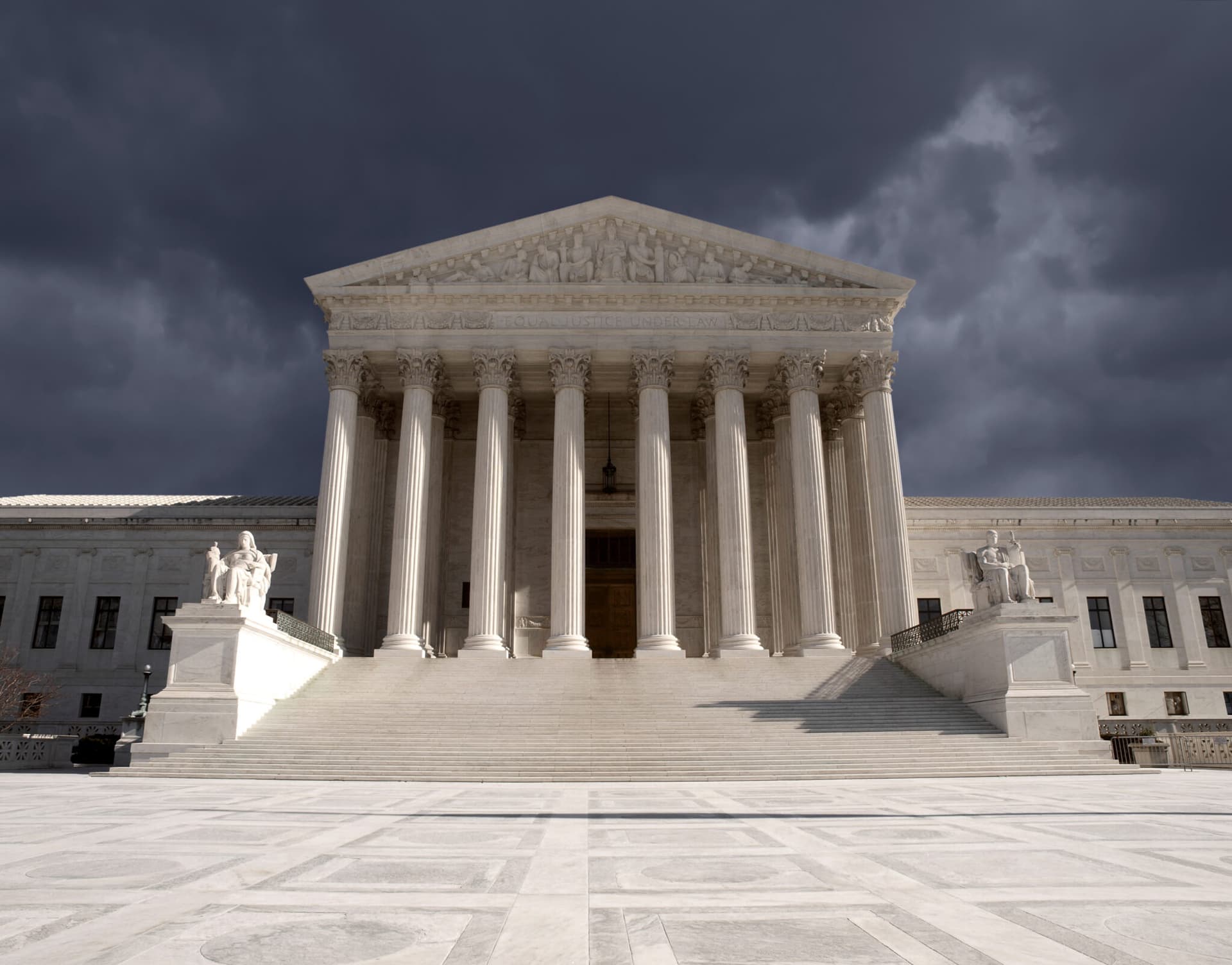D.C. at a Crossroads, Bowser Exit Sparks Uncertain Future
Mayor Muriel E. Bowser has announced she will not seek a fourth term, ending a 12 year tenure and opening a consequential 2026 mayoral race. Her departure intensifies debates over housing affordability, racial equity, and public health while local leaders prepare to defend D.C. home rule amid mounting federal pressure.

Mayor Muriel E. Bowser has announced she will not seek a fourth term, a decision that leaves Washington with an open and potentially transformative mayoral contest in 2026. Bowser’s 12 years in office reshaped parts of the city, with the redevelopment of the RFK Stadium site standing as the most visible legacy of private investment and large scale planning. Yet her exit also exposes deep fault lines between economic growth and the everyday needs of residents who have not shared equally in the gains.
Urban planners and community advocates say the next mayor will inherit more than construction cranes and tax revenue. Housing affordability remains a pressing concern across the city, where rising rents and new developments have pressured long standing communities. Those shifts have cascading effects on public health, from increased stress and housing insecurity to disruptions in continuity of care for people with chronic illnesses. Public health officials warn that displacement can worsen outcomes for maternal health, mental health, and chronic disease management, especially in neighborhoods that already face racial and economic disparities.
The new political moment is also unfolding amid heightened federal intervention. Lawmakers in Congress and actions from the White House have increasingly scrutinized how the district governs itself, intensifying conversations about the limits of D.C. home rule. Local leaders say defending municipal authority will be central to preserving control over core functions such as policing, public health programs, school administration, and budgetary priorities. Advocates for home rule argue that federal encroachment can directly undercut local efforts to tailor health and social services to community needs.
Policy choices in the coming year will matter for more than symbolic reasons. How the city balances incentives for development with stronger protections for renters, how it invests in community health centers and prevention programs, and how it confronts environmental hazards in historically marginalized neighborhoods will determine whether growth translates into improved well being for all residents. City agencies face pressure to couple economic development with durable commitments to affordable housing, accessible health care, and workforce supports that reduce inequities.

For many residents, the political transition is personal. Long time Washingtonians, renters, and workers in service industries view the mayoral race as a referendum on whether the city will prioritize corporate deals or community resilience. Community health leaders say the next administration must integrate equity into planning from the outset, ensuring that new projects create stable housing and living wage employment while preserving access to clinics, schools, and green space.
As candidates prepare to define themselves, local organizations are pushing for platforms that link economic strategy with social policy. The delegation of responsibilities between local and federal authorities will be scrutinized, and whatever policy path emerges will shape not only the skyline but the health and social fabric of the city. In short, the next mayor will be judged on the ability to steward growth while repairing the gaps that have left too many residents behind.


